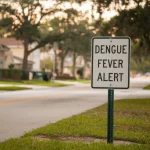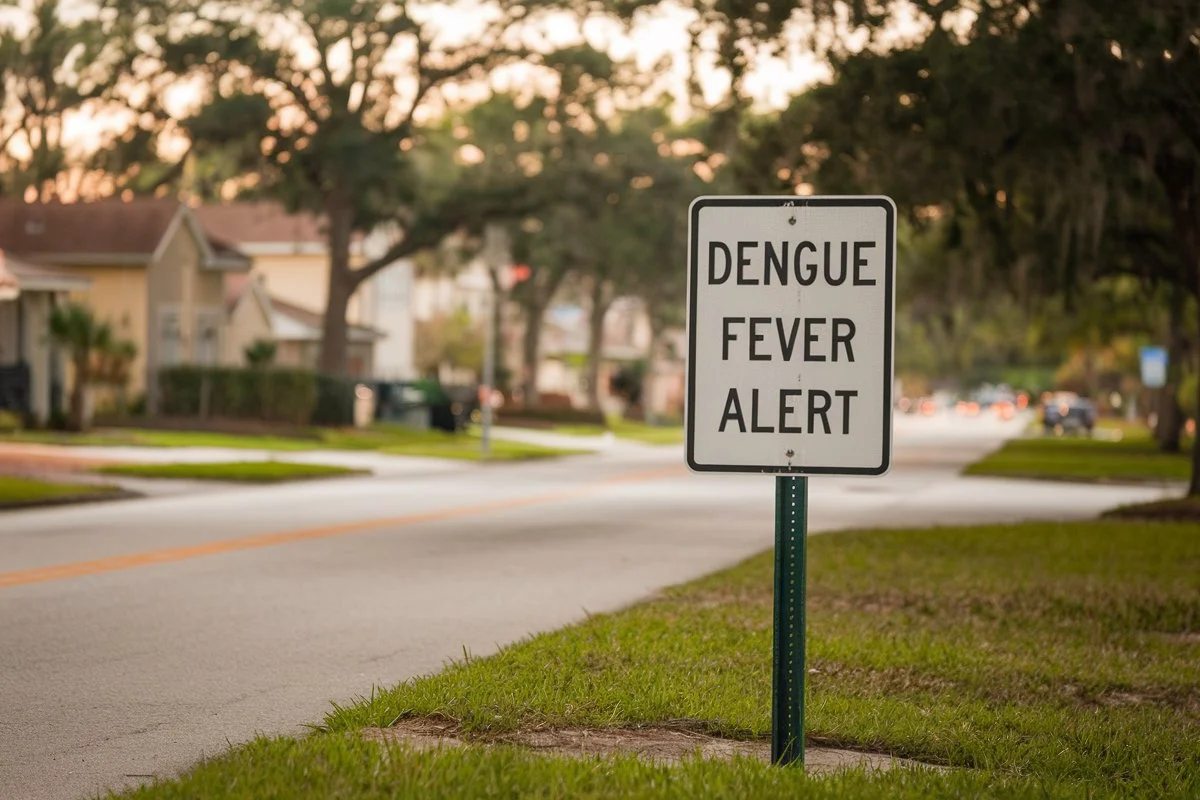Can Vitamin B12 Deficiency Be a Sign of Cancer?
Red blood cell production, DNA synthesis, and neurological function all depend on vitamin B12, a vital component. Anemia, tiredness, and cognitive impairments are just a few of the health problems that can result from a vitamin B12 shortage. While these symptoms are often linked to dietary insufficiencies or absorption disorders, research suggests that in rare cases, vitamin B12 deficiency cancer sign could indicate underlying conditions like cancer.
This article examines the possible connection between vitamin B12 deficiency and cancer, its consequences, and when to consult a doctor.
Understanding Vitamin B12 Deficiency
What Is Vitamin B12 Deficiency?
Insufficient amounts of this essential mineral in the body might result in vitamin B12 insufficiency. Typical reasons include of:
- inadequate consumption of food, which is typical among vegans and vegetarians.
- gastrointestinal diseases or pernicious anemia-related malabsorption problems.
- Absorption declines with age.
Symptoms of Vitamin B12 Deficiency
The signs of deficiency can range from mild to severe, including:
- Fatigue and weakness.
- Tingling or numbness in extremities.
- Memory problems or difficulty concentrating.
- Pale or jaundiced skin.
- Glossitis (inflammation of the tongue).
Vitamin B12 Deficiency and Its Link to Cancer
Can B12 Deficiency Indicate Cancer?
A vitamin B12 shortage may occasionally signal an underlying cancer, especially in the gastrointestinal tract. These malignancies can affect the stomach or intestines, hindering the absorption of vitamin B12. For instance,:
- Gastric Cancer: Damage to the stomach lining can impair the production of intrinsic factor, a protein necessary for B12 absorption.
- Colorectal Cancer: Tumors in the digestive tract can disrupt nutrient absorption, leading to deficiencies.
Methylmalonic Acid and Homocysteine Levels
B12 deficiency often raises levels of methylmalonic acid (MMA) and homocysteine in the blood. Persistent abnormalities in these markers may prompt doctors to investigate further and rule out malignancies.
Anemia and Cancer Connection
Megaloblastic anemia, a hallmark of severe B12 deficiency, can sometimes mask or mimic symptoms of blood-related cancers such as leukemia.
When Should You Be Concerned?
Red Flags
While vitamin B12 deficiency is often benign and easily treatable, certain signs warrant further evaluation:
- Persistent anemia despite supplementation.
- Gastrointestinal symptoms such as unexplained weight loss, chronic diarrhea, or blood in stools.
- Unresolved neurological symptoms despite B12 correction.
Diagnostic Steps
If cancer is suspected as a cause of B12 deficiency, doctors may recommend:
- Blood tests to measure B12, MMA, and homocysteine levels.
- Imaging studies, such as endoscopy or colonoscopy, to evaluate gastrointestinal health.
- Biopsy or advanced imaging if a tumor is suspected.
Other Conditions Mimicking Vitamin B12 Deficiency
Vitamin B12 deficiency symptoms overlap with several other conditions, including:
- Folate Deficiency: Similar anemia symptoms but requires different treatment.
- Neurological Disorders: Such as multiple sclerosis or peripheral neuropathy.
- Thyroid Dysfunction: Can cause fatigue and cognitive issues.
A comprehensive medical evaluation is essential for an accurate diagnosis.
Prevention and Management of Vitamin B12 Deficiency
Dietary Sources of Vitamin B12
Incorporate these B12-rich foods into your diet:
- Meat, fish, and poultry.
- Eggs and dairy products.
- Fortified cereals or plant-based milk for vegetarians and vegans.
Supplementation
Oral supplements or injections are often prescribed to correct deficiencies.
Regular Monitoring
Individuals with a history of gastrointestinal issues or at risk for B12 deficiency should undergo routine screenings.
Conclusion
There are several reasons for vitamin B12 insufficiency, including problems with malabsorption and dietary deficiencies. Although it is usually benign, it can occasionally indicate cancer or other dangerous underlying disorders. See a medical expert for a comprehensive assessment if you have ongoing or inexplicable B12 insufficiency symptoms. In order to address the deficiency and any possible underlying causes, early detection and therapy are essential.
Understanding your body’s nutritional needs and staying proactive about health monitoring can go a long way in maintaining overall well-being.
FAQs
Can vitamin B12 deficiency directly cause cancer?
As a potential **Vitamin B12 insufficiency Cancer Sign**, investigate the connection between vitamin B12 insufficiency and cancer.
What type of cancer is associated with B12 deficiency?
Because they can hinder the absorption of B12, colorectal and gastric malignancies are the most often linked cancers.
How is B12 deficiency diagnosed?
It is diagnosed through blood tests measuring B12 levels, MMA, and homocysteine. Additionally, these tests help in assessing the underlying causes of the deficiency.
Can B12 deficiency be reversed?
Yes, B12 deficiency can be effectively treated with dietary adjustments, oral supplements, or injections.
What should I do if my B12 deficiency does not improve?
If the deficiency persists despite treatment, further investigation should be conducted to rule out underlying conditions such as gastrointestinal disorders or cancer.
What are the long-term effects of untreated B12 deficiency?
Severe, untreated B12 deficiency can lead to neurological damage, cognitive decline, and anemia.











